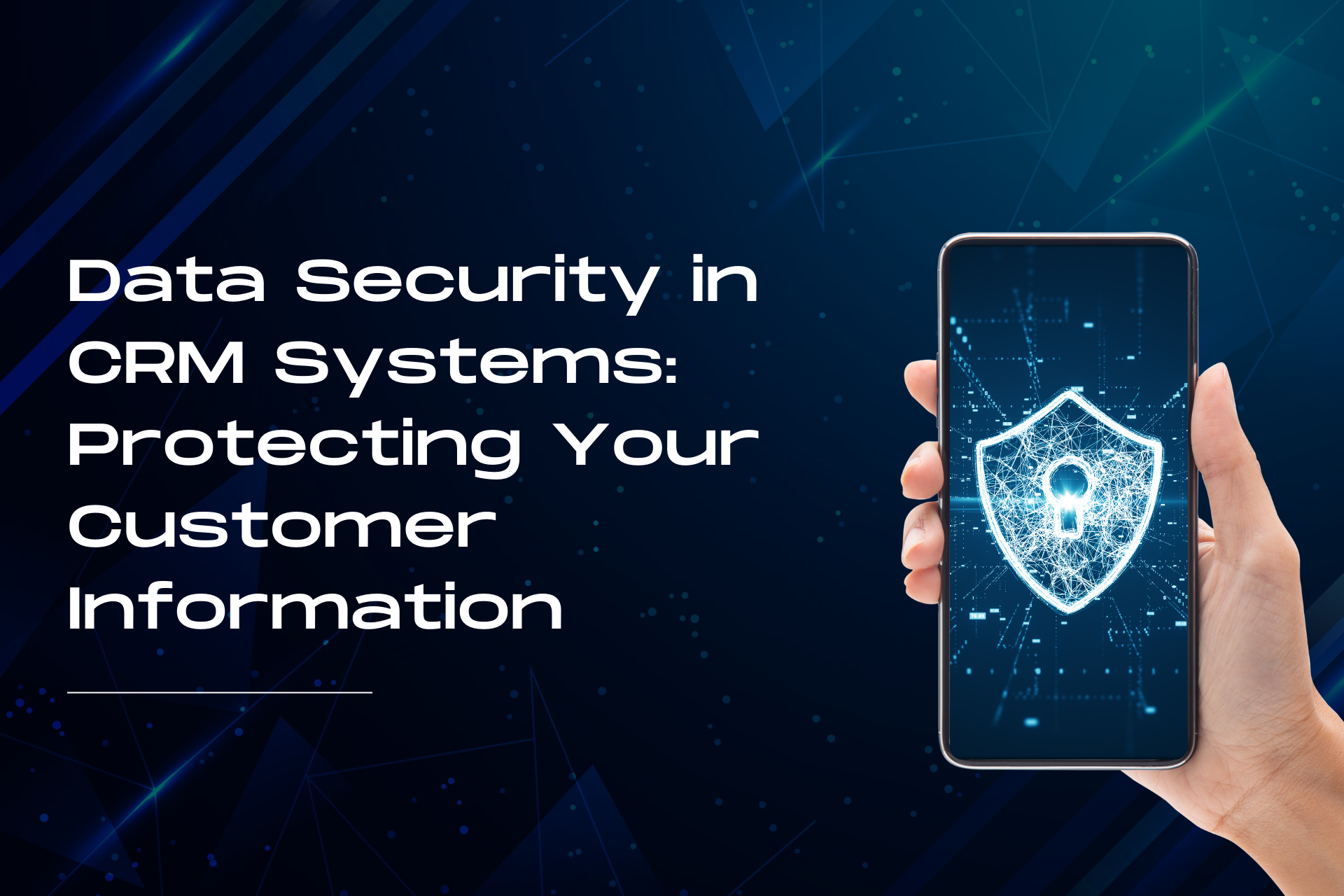|
In an era where data breaches and cyber threats are increasingly common, safeguarding customer information is a top priority for businesses using Customer Relationship Management (CRM) systems. Ensuring data security in CRM systems not only protects sensitive customer data but also maintains trust and compliance with regulatory requirements. Here’s how to effectively protect your customer information within CRM systems. 1. Understanding CRM Data Security Risks
2. Implementing Strong Access Controls
3. Data Encryption and Protection
4. Regular Security Audits and Monitoring
5. Data Backup and Recovery
6. Compliance with Data Protection Regulations
7. Employee Training and Awareness
8. Choosing a Secure CRM Vendor
Conclusion: Prioritizing Data Security in CRM Systems
Implementing these data security practices helps ensure that your CRM system remains secure, protecting both your customer information and your business from potential threats. |
Data Security in CRM Systems: Protecting Your Customer Information

26
Sep
|
|











